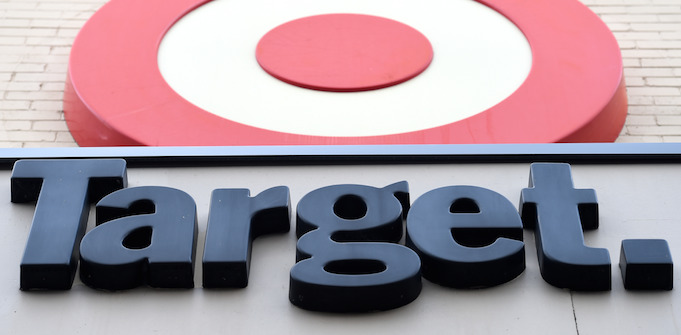
Target has become the latest large Australian company to become embroiled in a wage theft scandal in recent days, today disclosing $9 million in underpayment remediation charges.
Repeat offender Wesfarmers, the Perth-based conglomerate that owns the department store chain, came clean on Wednesday morning, disclosing the underpayments in its half-yearly accounts without immediately revealing how many workers had been underpaid, or for how long.
“Immediate steps are being taken to rectify identified issues, notify and repay affected team members, including interest, and ensure accuracy in the future through a robust program of auditing and monitoring,” Wesfarmers managing director Rob Scott said in a statement.
The Fair Work Ombudsman (FWO) on Wednesday said it will undertake an investigation into the underpayments.
“The Fair Work Ombudsman is conducting an investigation in relation to Wesfarmers’ Industrial and Safety Division and will now commence an investigation into underpayments at Target. Any workers with concerns about their pay should contact us,” a spokesperson for the regulator said in a statement.
Wesfarmers booked the Target underpayments in its 2019 accounts, but did not immediately disclose how long it has known about the underpayments, or whether it has disclosed them to the Fair Work Ombudsman.
It comes just a day after supermarket chain Coles, a company Wesfarmers previously owned and retains a significant stake in, revealed it had underpaid over 1000 workers more than $20 million over six years.
Wesfarmers said it discovered the underpayments at Target after a review triggered by another wages scandal at its hardware business Bunnings, which saw more than 40,000 workers cheated for more than $6.1 million.
The conglomerate also revealed $15 million in underpayments within its industrial division last October, affecting about 6000 current and former staff across its Blackwoods, Workwear Group, Coregas and Greencap brands.
For those following at home: Wednesday’s Target disclosure brings the total quantum of wage theft discovered within Wesfarmers’ connected companies to more than $40 million over the last decade, with thousands of workers past and present affected.
However, Wesfarmers is far from the only large business that has failed to pay its staff properly in recent years; Wednesday’s disclosure follows a $500-600 million wage theft scandal at Woolworths last year, and a string of high profile underpayment cases in the hospitality industry, including at celebrity chef George Calombaris’ MAdE Establishment, which is now in voluntary administration.
Government moves along wage theft crackdown
Amid growing calls for tougher laws to counter wage theft in Australia, Attorney General and Industrial Relations Minister Christian Porter is now exploring the introduction of new penalties for offenders.
Porter’s office opened up the latest stage of consultations on a prospective wage theft crackdown on Tuesday, following recommendations made by the Migrant Worker Taskforce last year.
The taskforce, headed by former ACCC head Alan Fells, recommended introducing criminal penalties for staff underpayments, granting the FWO additional powers, and significantly increasing financial penalties for Fair Work Act contraventions.
Porter’s predecessor Kelly O’Dwyer accepted all of the taskforce’s recommendations in principle last year, leaving Porter with the task of implementing myriad reforms.
The most recent discussion paper, which follows a round of initial consultation last September, focuses on reforms to the compliance and enforcement framework available to the FWO and other regulators, as well as what mechanisms could be introduced to improve wage recovery for cheated workers.
The Morrison Government is asking for feedback on whether the FWO’s current enforcement tools — including infringement notices, enforceable undertakings and compliance deeds — are fit for purpose and whether penalties are severe enough.
It also canvasses a number of potential changes to the Fair Work Act, including whether non-compliant pay rates should be allowed to be advertised, and whether current laws are “sufficiently clear” in their coverage of workplace regulations.
Submissions are currently open and close April 3.
THis story was updated at 12:05PM February 19.


COMMENTS
SmartCompany is committed to hosting lively discussions. Help us keep the conversation useful, interesting and welcoming. We aim to publish comments quickly in the interest of promoting robust conversation, but we’re a small team and we deploy filters to protect against legal risk. Occasionally your comment may be held up while it is being reviewed, but we’re working as fast as we can to keep the conversation rolling.
The SmartCompany comment section is members-only content. Please subscribe to leave a comment.
The SmartCompany comment section is members-only content. Please login to leave a comment.